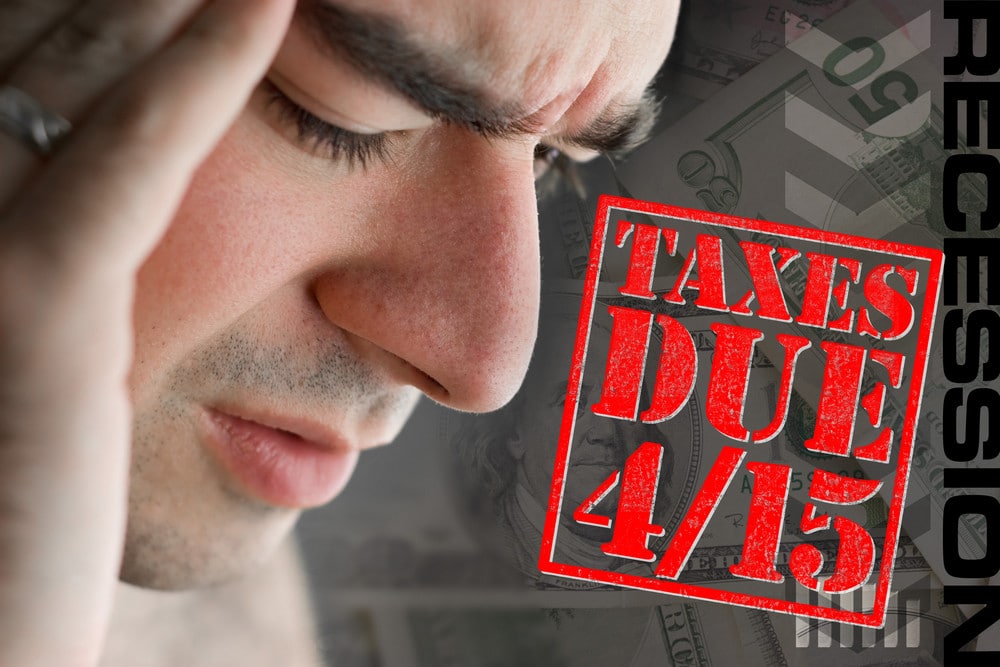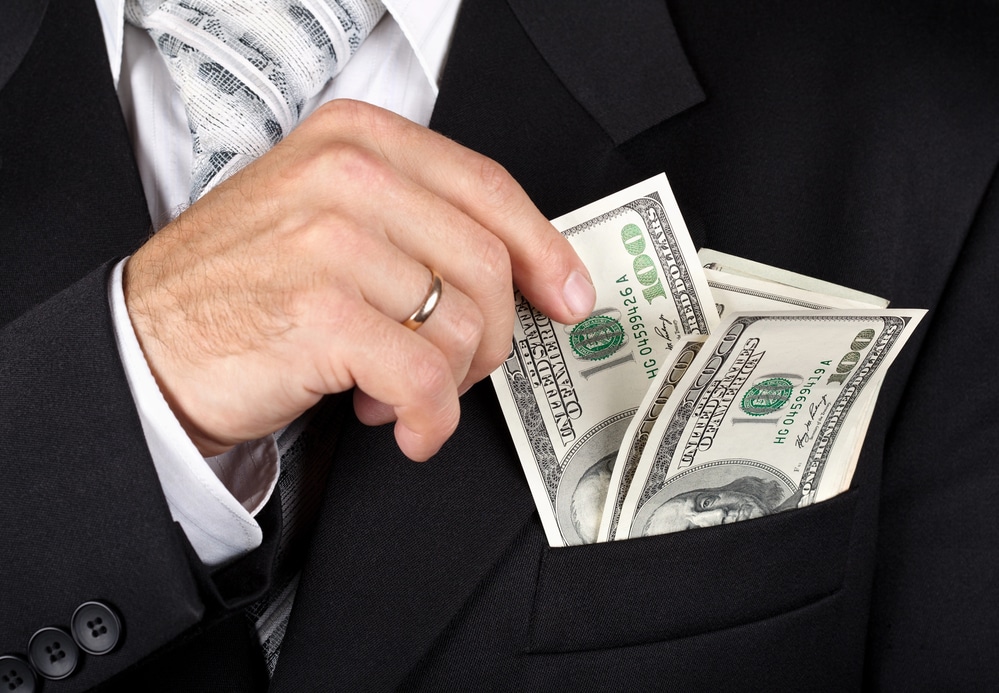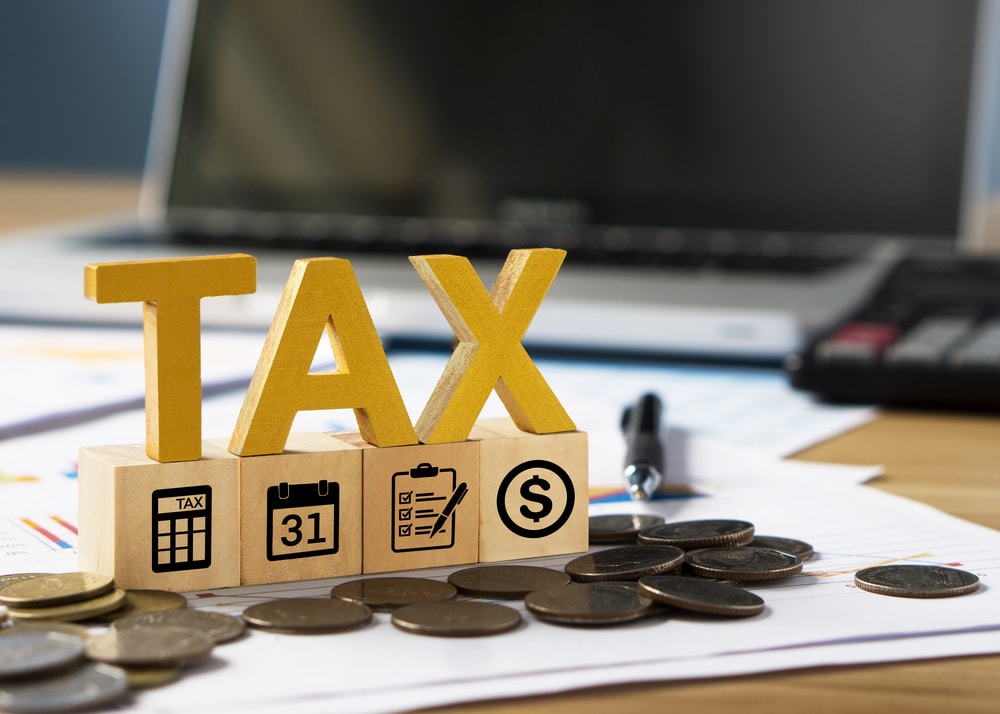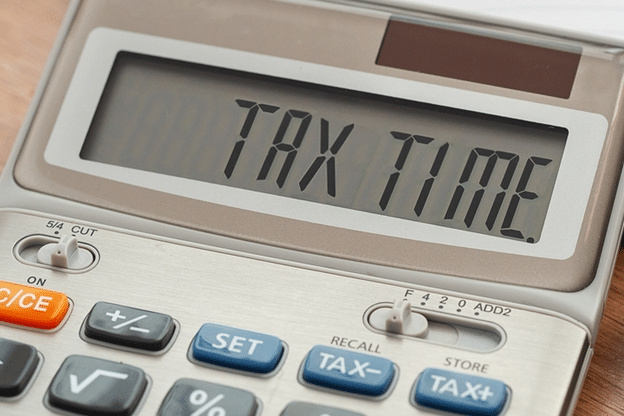 There’s no denying that most Americans had a difficult year in 2020 — and we’d like nothing more than to leave it in the past. But as Tax Day approaches, it’s clear that the memories of last year are now back to haunt us. And if you’ve unknowingly become the victim of unemployment fraud, that might make this season a rather painful one. In order to protect yourself, here’s what you need to know.
There’s no denying that most Americans had a difficult year in 2020 — and we’d like nothing more than to leave it in the past. But as Tax Day approaches, it’s clear that the memories of last year are now back to haunt us. And if you’ve unknowingly become the victim of unemployment fraud, that might make this season a rather painful one. In order to protect yourself, here’s what you need to know.
What is Unemployment Fraud?
Although 25 million Americans had started or were already running their own businesses in 2016, the difficulties of the pandemic have forced many to close their doors forever. Millions of others were temporarily or permanently laid off, which resulted in a huge surge of unemployment claim filings. But what many people fail to realize is that those claims aren’t always legitimate.
According to state and federal officials, criminals have seized the opportunity to steal the identities of individuals in order to file for employment and claim those benefits. These scammers used personal information in order to fraudulently file for billions of dollars in financial support.
As of November 2020, the Office of the Inspector General for the Department of Labor estimated that $36 billion had been defrauded from the government, but the amount stolen could reach as much as $63 billion. And while first-time offenders in some white-collar crime cases are convicted and sent to prison even with no prior criminal history, the widespread nature of these crimes has left many feeling skeptical that the perpetrators will be caught.
How Do I Know Whether I’m a Victim?
You might not ever have any inclination that your information has been stolen (and that an unemployment claim has been filed using that information) until or unless you receive a notice from the IRS in the mail. That notice will be sent as a 1099-G IRS tax form, which is ordinarily sent to people who file for and receive unemployment benefits. When you’re on unemployment, you actually have to pay taxes on the money you receive because it’s considered to be income. The problem, of course, comes when an individual never filed a claim or received the money that the government says was sent to them.
You could have also found out that you were a victim of unemployment fraud if you lost your job and tried to file for benefits. Since you can’t file for benefits if it’s on record that you filed for them already, many victims learned too late that someone beat them to the punch. In some cases, accounts had to be frozen and additional benefits were not paid out through no fault of their own. That scenario became a devastating reality for those who were laid off, as they weren’t able to receive that income.
Experts say that in many cases, those who committed unemployment fraud were able to obtain personal information from other data breaches. The Georgia Labor Department reported that individuals belonging to national and international crime rings have even boasted about committing unemployment fraud. What’s more, these thieves don’t discriminate; it’s been discovered that even IRS employees have become victims.
What Can I Do About Unemployment Fraud?
Installing a camera surveillance system on your property can deter crime, but how can you stop this situation from happening to you? And what should you do if it’s already occurred?
Some people wondered whether making an unemployment account to “lock in” their Social Security number could prevent criminals from fraudulently accessing it. Unfortunately, this can do more harm than good. If you attempt to file for unemployment when you don’t actually need it, your employer will likely flag the claim as fraudulent — thus creating other problems for you down the line if and when you ever need to actually file.
Because data breaches are so common, you might feel hopeless when it comes to protecting your information. To some extent, that is the reality in which we live. Ultimately, one of the best things you can do is to monitor your credit score and accounts, take extra steps to protect your information, and keep tabs on your earnings records from Social Security (if applicable). You should also consider placing a credit fraud alert or freeze on your account, though the latter could cause issues if you plan on making any large purchases. While it should go without saying, experts are reminding Americans to refrain from giving out any personal information over the phone, via email, or through unverifiable websites.
If you believe you’ve become a victim of unemployment fraud, there are some specific steps you should take. First of all, you’re not responsible for paying the taxes on those fraudulent unemployment claims. Your tax refund should not be delayed as a result, either. However, you do need to contact the state agency that issued the 1099-G form to report the fraud and request a corrected 1099-G. This will take some time, as the agency will have to investigate the incident. If you don’t receive that corrected form in time (which the IRS says is likely), you should file an accurate tax return without reporting that erroneous unemployment income. Filers should not include the original 1099-G with their forms. Finally, you’re encouraged to file an identity theft claim with the U.S. Justice Department’s National Center for Disaster Fraud and to opting into the IRS’s Identity Protection PIN program, which can prevent criminals from filing federal tax returns in your name.
Tax season is never enjoyable, particularly in the middle of a pandemic. And while Tax Day was moved last year, Americans are preparing to pay on April 15. If you receive a 1099 form in the mail that doesn’t look quite right, however, you’ll want to take steps to make sure you aren’t responsible for those taxes — or that your identity continues to be used for a scammer’s gain.










